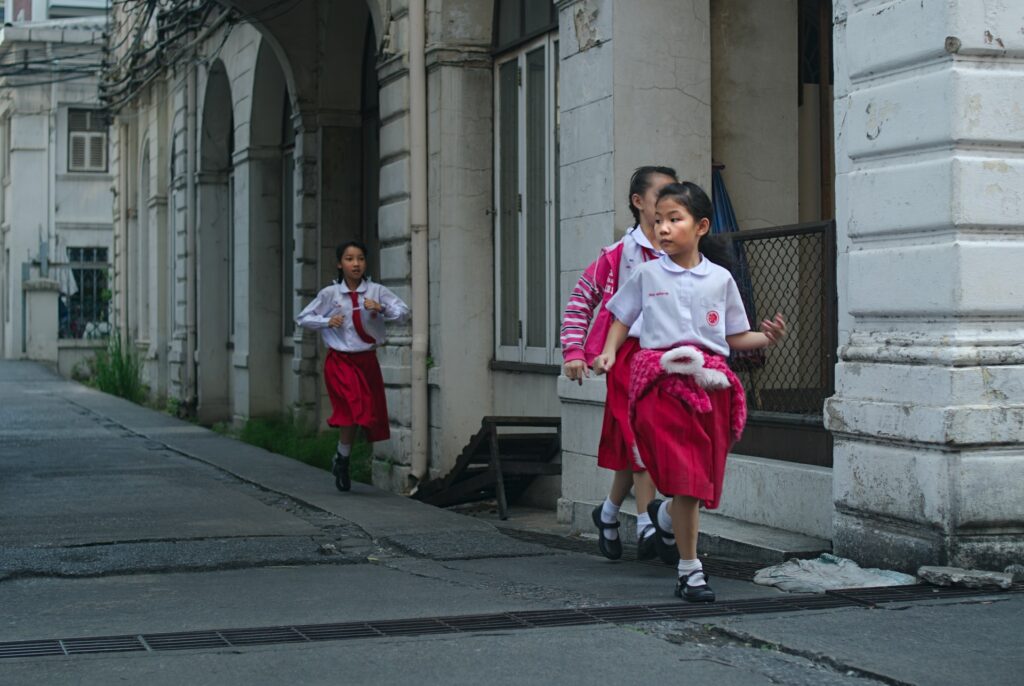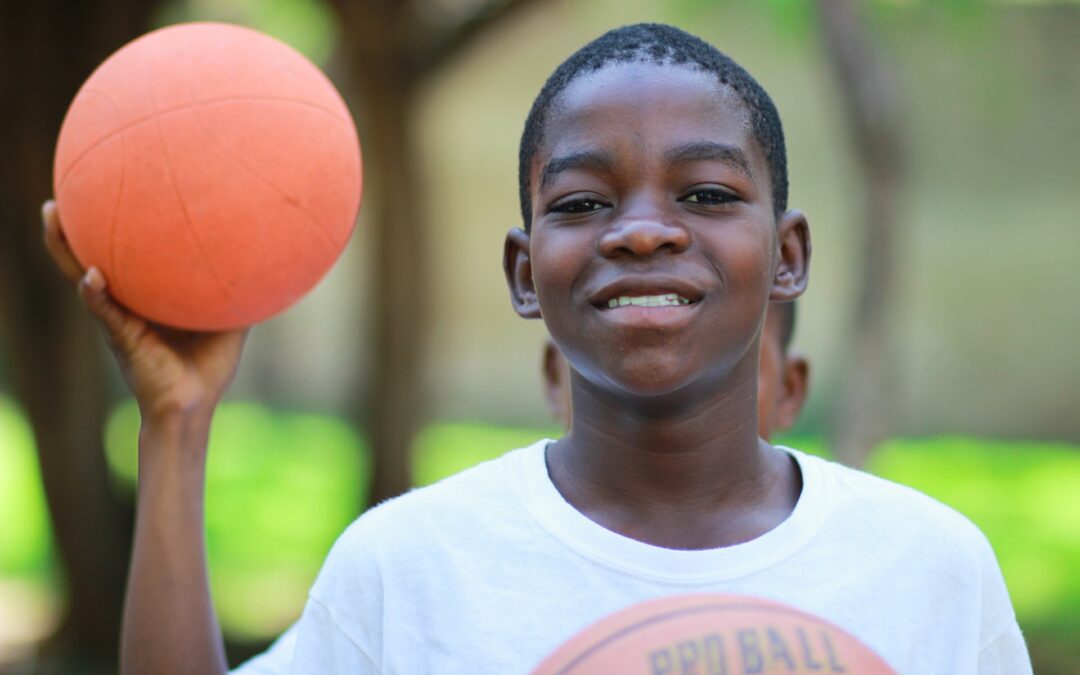Educating and caring for children involves guiding the childrens behavior. Must provide positive solutions to assist children in learning suitable ways of behaving.
Guidance In Behavior:
In today’s jargon, “behavior advice” refers to the most positive and effective methods. For various reasons, corporal punishment and harsh discipline not tolerated in educational and childcare settings.

To assist children in gaining knowledge of and developing abilities for self-control. As a result, the youngster is likely to experience low self-esteem and a sense of safety and belonging.
All Services In The Fields Of Education And Care Must:
Take reasonable measures to ensure that children receive adequate care and education. Individually guiding and encouraging each youngster toward acceptable behavior is the goal of this strategy.
Encourage children to express themselves by providing them with positive direction and encouragement in regards to acceptable behavior. Because of their viewpoints, the children can embark on new experiences that help them become more self-reliant and confident.
The agency offers interaction chances for the children it educates and cares for. They cultivate relationships based on mutual respect and cooperation with coworkers and volunteers. Respects and protects the rights and dignity of every child at all times.
Take into consideration the values of the family and the culture, the age, the level of physical and intellectual development, and the talents of each child serviced by the organization. The educational curriculum wouldn’t be complete without behavior guidance.
When A Program Is Designed And Implemented, It Should Lead To The Following Results:
The child is going to be an excellent communicator when they grow up. The youngster will feel a sense of belonging and make a difference in the environment around them. The youngster a self-assured and engaged learner as a result of this experience.
As a result, the childrens behavior will be delighted. Having a solid sense of self will benefit the youngster in the long run. Educators are constantly guiding the behavior of students through their interactions and communication. Quality learning environments and sensitivity found in studies, according to the findings.
Must nurture adults if positive learning outcomes for children are to be achieved. When educators handle behavior management positively and proactively. They lessen disruptive behavior and promote success for children. Increase confidence and self-esteem by building positive self-regard.
Consider the causes of children’s challenging behavior as part of a positive, inclusive, and active approach. When a youngster does not have a warm and trustworthy relationship with an adult, they are more likely to resist adult authority.
Various learning capacities and learning styles catered for, and thoughts, interests, and questions are contributed by children and their families. To help youngsters acquire acceptable behavior, people guide or self-manage their behavior in a variety of ways.
Guidance for children’s behavior is based on relationships of mutual respect between adults and children. It teaches youngsters to think about the consequences of their actions and how those consequences affect them personally.

The service’s everyday practice of behavior guidance affects children’s learning outcomes. As with the educational curriculum, behavior advice must take into account a child’s particular needs and overall development.


Recent Comments